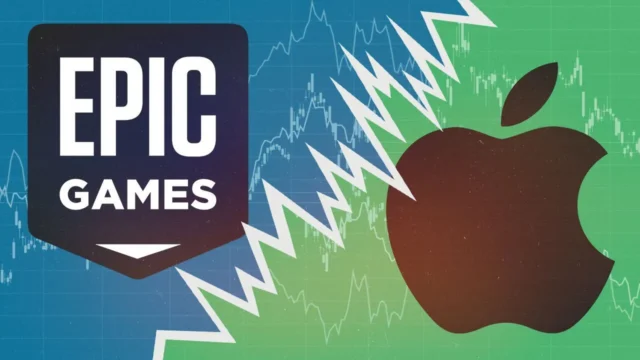
In a significant development in the ongoing legal battle between Epic Games and Apple, Epic has urged the U.S. Supreme Court to enforce a previously issued injunction that would compel Apple to alter its App Store payment policies. This request comes after a series of legal maneuvers and appeals that have seen both companies engage in a protracted dispute over App Store practices, particularly around the issue of payment processing and the alleged monopolistic behavior of Apple.
Key Highlights:
- Supreme Court’s Involvement: The U.S. Supreme Court, led by Justice Elena Kagan, has been asked by Epic to lift a decision by the 9th U.S. Circuit Court of Appeals that delayed the enforcement of a federal judge’s injunction against Apple. This injunction aimed at changing Apple’s App Store payment practices is central to Epic’s lawsuit against Apple.
- Background of the Dispute: The legal tussle began in 2020 when Epic filed an antitrust lawsuit against Apple, accusing it of monopolistic behavior by forcing consumers to use its in-app purchase system, which levies up to a 30% commission.
- Judge’s Initial Ruling: In 2021, U.S. District Judge Yvonne Gonzalez Rogers ruled against Epic’s antitrust claims but found Apple in violation of California’s unfair competition law by preventing developers from directing users to alternative payment methods.
- Implications of the Injunction: If enforced, the injunction would require Apple to allow developers to provide links and buttons within their apps that direct consumers to alternative payment methods, potentially bypassing Apple’s commission system.
- Apple’s Argument: Apple has argued that the injunction, if implemented before the conclusion of judicial review, would force it to change its business model and could compromise its ability to protect users from fraud and other threats.
The legal battle highlights the tension between maintaining a secure and user-friendly app ecosystem and fostering an environment where app developers can choose how they conduct transactions. This dispute also raises broader questions about the control and policies of major tech platforms over their ecosystems.
Epic’s request to the Supreme Court underscores its determination to challenge what it sees as restrictive practices by Apple. However, with the Supreme Court yet to respond to this latest move, the outcome remains uncertain. The decision could have far-reaching implications for app developers and companies operating within the Apple ecosystem.
This ongoing legal saga between Epic and Apple underscores a broader debate about market control, developer freedom, and consumer choice within the digital marketplace. As the case progresses, it will be crucial to watch how the Supreme Court’s decision might redefine the boundaries of competition and innovation in the tech industry.










